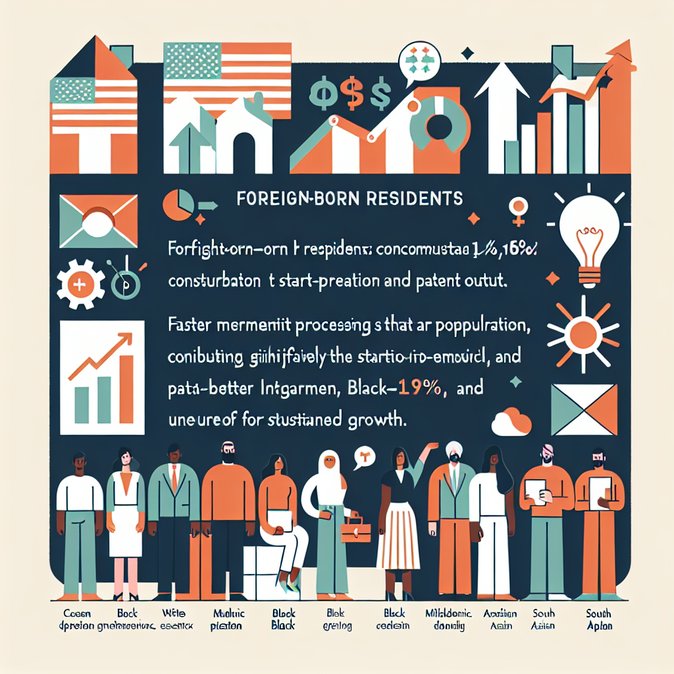
Remote workers eyeing Spain’s popular digital-nomad visa will need deeper pockets next year. A breakdown by visa blogger Nina Ragusa shows that the monthly earnings requirement has risen to roughly €2,763—200 % of Spain’s newly increased minimum wage, which itself went up 4.4 % in 2025.
While the bump of just over €100 a month seems modest, it tips many mid-range freelancers and start-up employees over the line. For a couple, the combined proof of funds now approaches €3,800, and each dependent child adds another €331. Industry advisers say a growing number of applicants are being asked for additional bank statements or remote-work contracts to demonstrate stability.
![Income threshold for Spain’s digital-nomad visa climbs to €2,763 per month for 2025]()
Spain introduced the telework visa in January 2024, promising a streamlined route to one-year residency (renewable up to five) and access to the favourable ‘Beckham-style’ 24 % flat tax. Applications surged—particularly from U.S. and U.K. nationals—flooding consulates and driving up rents in hotspots such as Barcelona’s Poblenou and Málaga’s Soho.
The higher threshold may cool demand and, policymakers hope, ease housing pressures. Advocacy groups for local tenants have blamed digital nomads for double-digit rent inflation in some districts; employers counter that the visa attracts spending power that revitalises second-tier cities.
Practical tip for mobility managers: advise remote hires to build a 10 % income cushion above the stated minimum and to prepare notarised contracts proving at least three months of service with a foreign employer. Consulates in Los Angeles and London report that incomplete financial documentation is now the top reason for visa deferrals.
While the bump of just over €100 a month seems modest, it tips many mid-range freelancers and start-up employees over the line. For a couple, the combined proof of funds now approaches €3,800, and each dependent child adds another €331. Industry advisers say a growing number of applicants are being asked for additional bank statements or remote-work contracts to demonstrate stability.

Spain introduced the telework visa in January 2024, promising a streamlined route to one-year residency (renewable up to five) and access to the favourable ‘Beckham-style’ 24 % flat tax. Applications surged—particularly from U.S. and U.K. nationals—flooding consulates and driving up rents in hotspots such as Barcelona’s Poblenou and Málaga’s Soho.
The higher threshold may cool demand and, policymakers hope, ease housing pressures. Advocacy groups for local tenants have blamed digital nomads for double-digit rent inflation in some districts; employers counter that the visa attracts spending power that revitalises second-tier cities.
Practical tip for mobility managers: advise remote hires to build a 10 % income cushion above the stated minimum and to prepare notarised contracts proving at least three months of service with a foreign employer. Consulates in Los Angeles and London report that incomplete financial documentation is now the top reason for visa deferrals.


